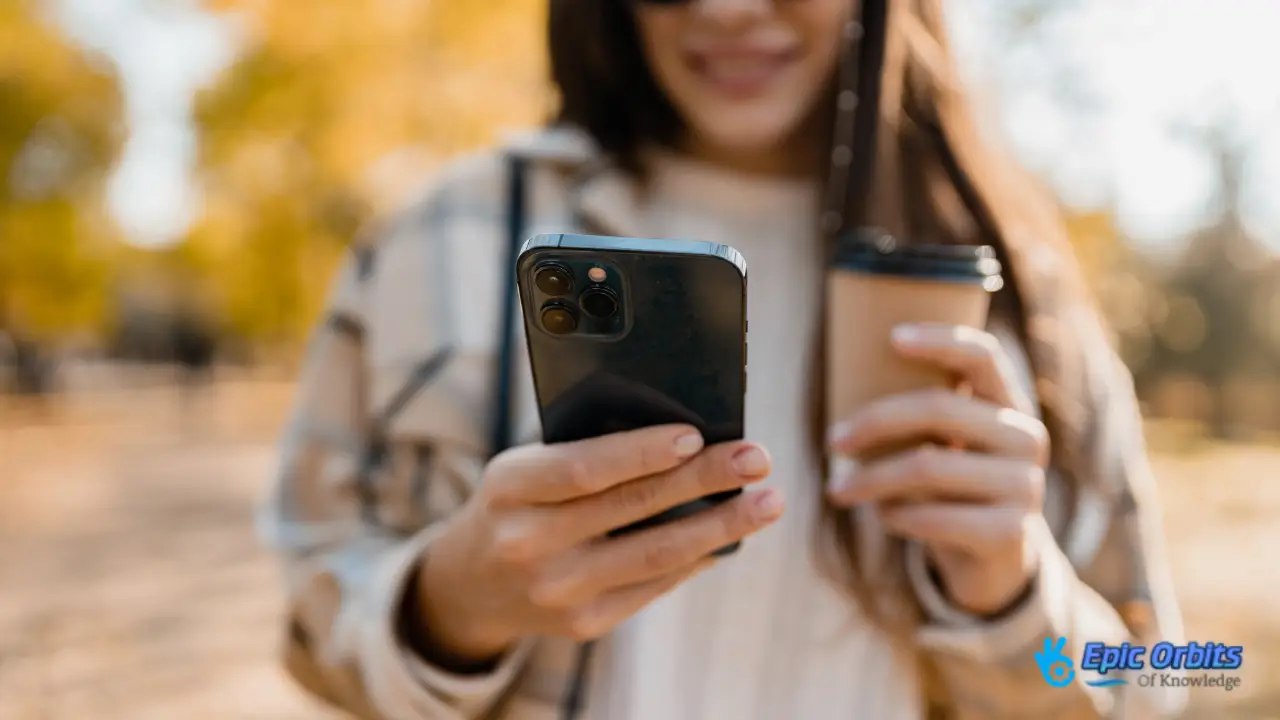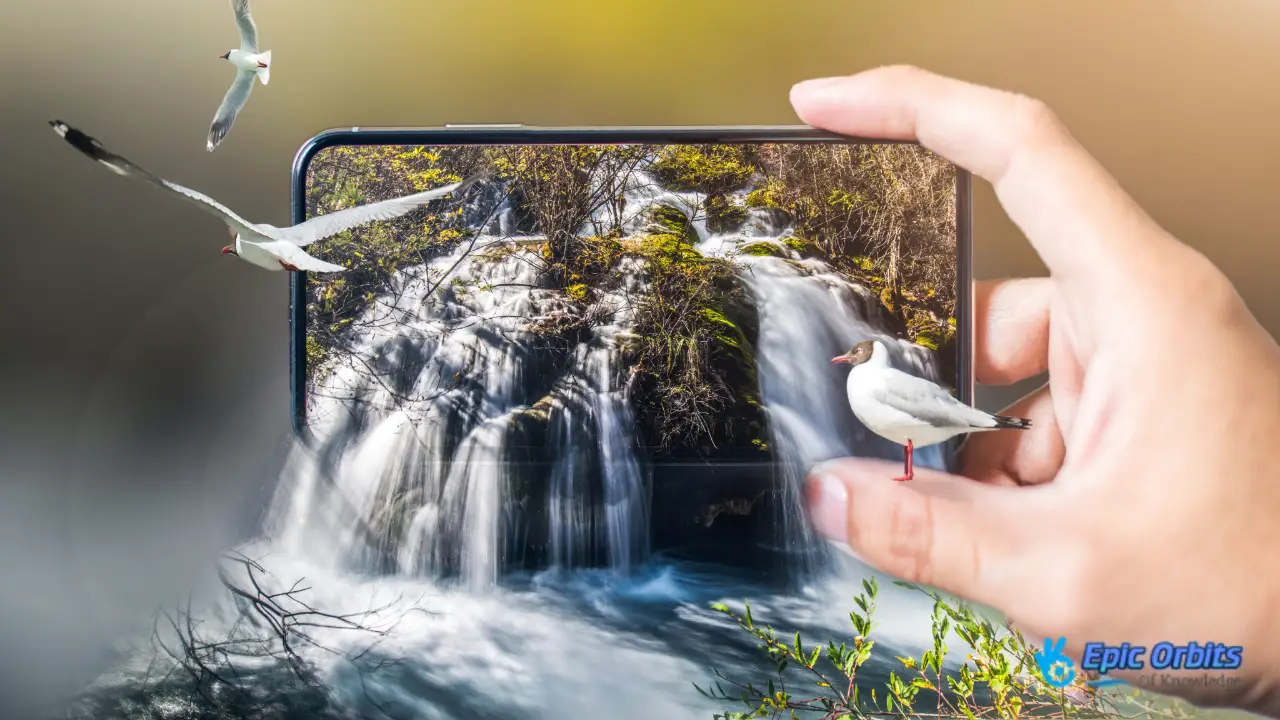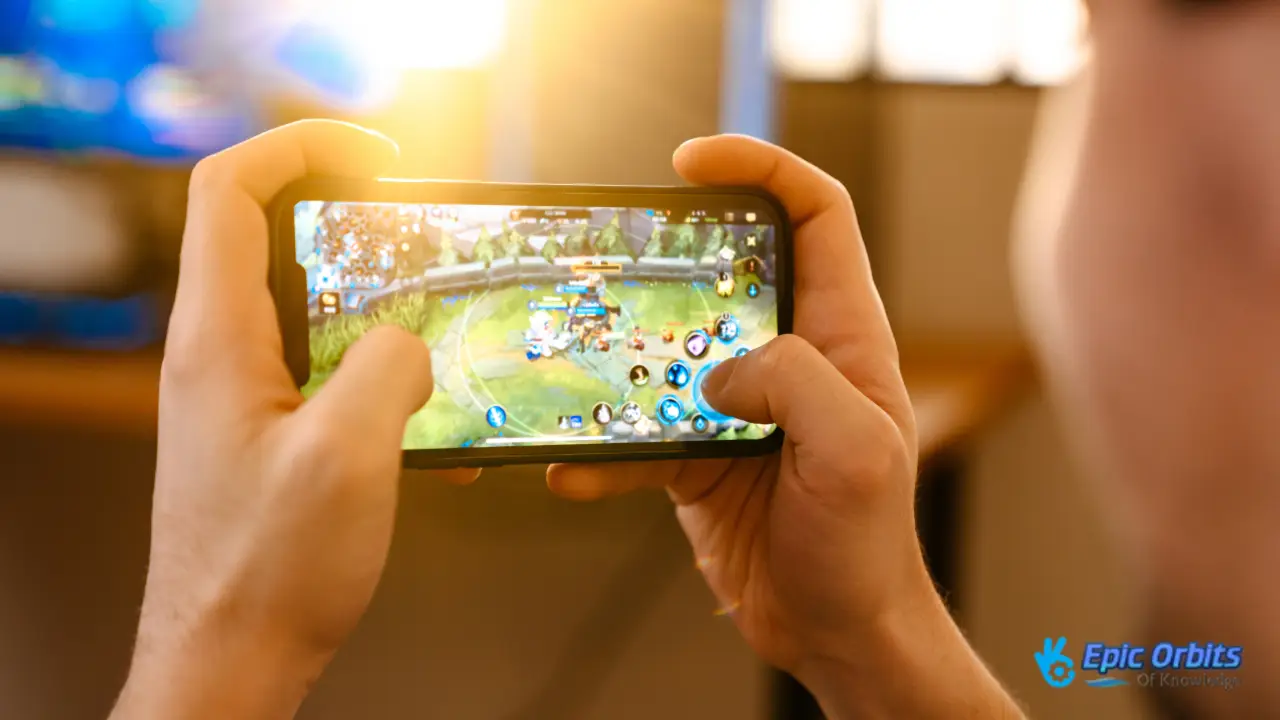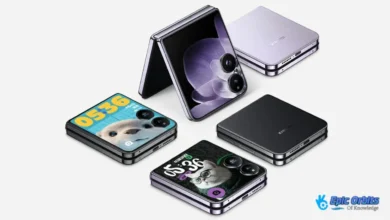Choosing the Best Smartphone for Your Needs
Discover the comprehensive guide to choosing a smartphone. Learn about the latest features and specifications.

When premium phones cost more than $1,000, it’s easy to become overwhelmed by the hype. You don’t have to spend a lot of money to have a fantastic phone with many features, however. There are many great choices for less than $600, so it’s easier than ever to pick a smartphone that meets your demands and budget.
Think about what you want most in a mobile phone to make sure you obtain the proper one. Are you set on a certain operating system, or do you want a new phone with a certain photography feature? To get through all the choices, you need to know what your priorities are.
Knowing what your smartphone needs to do
The first step to obtaining the right smartphone is to figure out what your needs are. You need to look at how you use things and establish a reasonable budget in order to make an educated choice.
It’s really important to know how you use your phone. Think about how you use your phone every day. Do you mostly use it to make calls and send texts, or do you spend a lot of time on the web and in apps? Do you care about the size of the screen or the quality of the camera? If you begin by listing the characteristics you really need, it will be easier to choose.
- Think about how you talk to others every day.
- Think about how you use the media.
- Find the applications you use the most.
It’s important to set a budget before you buy a phone. The price of phones might be either low or quite high. Please determine your spending limit and then look for gadgets that fit within that budget. Don’t forget to think about the overall cost of ownership, which includes things like accessories, insurance, and possible repair bills over time.
“You can get a great phone that can do almost everything a high-end phone can do for a lot less money.” This is especially true for mid-range phones, which typically get features from last year’s top-of-the-line models.
Choosing the Right OS: iOS vs. Android
One of the most important choices you’ll have to make when buying a smartphone is which operating system to use: iOS or Android. Both have their own pros and cons that make them better for certain users than others.
1. Pros and Cons of Apple iOS
Apple’s iOS is noted for how well it works with other Apple devices, how often it gets software upgrades, how well it protects your privacy, and how well it curates the app experience. If you’ve already bought Apple goods like Macs or iPads, you’ll love how easy it is to exchange files, images, and more across them.
But iOS does have some problems, including not being able to customize it as much and costing more. The app ecosystem on iOS is limited, and even if it is curated, it may not have as many applications as Android. Some apps are also accessible on iOS before they are available on Android.
2. The Good and Bad of Android
On the other hand, Android has more hardware alternatives from different manufacturers, more ways to customize it, and more ways to manage files. There are many different Android smartphones to choose from, from cheap ones to high-end flagships. The result gives you more alternatives that meet your budget.
But since Android is open, software upgrades might be different for each manufacturer, which could be a security risk. Another problem is that gadgets may not always work the same way.
When choosing between iOS and Android, think about the tech you already have, your privacy requirements, how much you want to customize your phone, and how much money you have. If you’ve already purchased many iPhone applications and iTunes movies, it makes sense to continue with an iPhone if you still want to use them. If you’ve bought Android applications, you’ll also want to remain on that platform. Another important thing to think about is that Google has promised to provide its newest phones seven years of software and security upgrades.
Important Features to Look for in a Smartphone
When you choose a smartphone, a few important characteristics may have a big effect on how you use it. Knowing about these qualities can help you make a choice that fits your requirements and wants.
The display is an important part of using your smartphone. The size and quality of the screen may have a big impact on how you use your device. For example, OLED panels have superior color accuracy and contrast compared to LCD screens. Also, think about the refresh rate and resolution. A higher resolution makes pictures clearer, and a greater refresh rate makes them smoother. The correct display may make you happier with your smartphone, whether you’re reading, playing games, or watching movies.
Battery life is also vital, as it shows how long you can use your phone before recharging. Different types of phones have different expectations for how long their batteries will last. How long your battery lasts also depends a lot on how you use it. Charging technologies have come a long way. Now there are alternatives like rapid charging, wireless charging, and reverse wireless charging. Knowing these options may help you pick a phone that fits your life and can be charged when needed.
Biometric security technologies like fingerprint sensors and face recognition make your smartphone even safer. These features use your unique physical traits to identify you, making it harder for unauthorized users to access your device. For instance, you can unlock your phone just by glancing at it using facial recognition. Make sure to get a smartphone with biometric features that fit your security requirements and wants.
Camera Features: More Than Just Megapixels
It’s not only the number of megapixels in your phone’s camera; it’s also the whole photographic experience. Smartphone cameras have come a long way and can now take excellent pictures and movies. Recent industry research asserts that the camera is a crucial feature that significantly influences the decision to purchase a smartphone.
Many new smartphones include multi-lens camera systems that let you take pictures with different focus lengths and features. These systems usually come with wide-angle, ultra-wide, telephoto, and macro lenses, which make it easy to take pictures of many different things. For example, you may use the ultra-wide lens to take pictures of wide-open spaces or the telephoto lens to get a closer look at things that are far away.
Another important feature of a smartphone camera is how well it works in low light. Smartphones can now take far better images in low light because of improvements in sensor technology and software processing. Night mode and powerful noise reduction algorithms are two features that assist in making photographs clear and detailed, even in difficult lighting conditions.
When judging a smartphone’s camera, it’s also important to think about whether it can shoot video. Most new smartphones can capture video in 4K quality at high frame rates, which gives you smooth and clear footage. Optical picture stabilization and improved audio recording capabilities are two more elements that make the whole video recording experience even better.
Important Performance Specifications
When buying a smartphone, it’s important to know how well it works. The CPU and random access memory (RAM) are the two most important things that affect how well a phone works. The CPU is like the brain of your gadget; it controls everything that occurs within it. RAM lets your phone do more than one thing at a time.
The kind of CPU and the quantity of RAM you require depend on how you use your phone. A phone with 4 or 6 GB of RAM should be plenty for simple things like making calls, sending texts, and surfing the web. But if you use your phone a lot and run many programs at once, you should think about getting one with at least 8 GB of RAM. Snapdragon, Exynos, A-series, and Tensor are some of the processor technologies that have a big impact on how well your phone works. They determine how quickly apps load, how well games work, and how long the battery lasts.
Another important thing to think about is storage. Most smartphones have 64GB or 128GB of internal storage, although some high-end devices may have up to 256GB or more. If you keep a lot of stuff on your phone, such as photographs, movies, and applications, you’ll need a phone with a lot of storage. Additionally, consider whether the phone offers options for expanding its storage. This function is becoming less frequent in new smartphones, however. Making sure your phone has adequate storage can help it work smoothly and let you get to your data fast.
Picking a smartphone that meets your needs
What you want to do with your smartphone will determine which one is best for you. Some people care more about camera quality, game performance, or how much it costs.
1. The Best Choices for People Who Love Photography
If you love taking pictures, you should have a smartphone with a fantastic camera. The cameras on phones like the iPhone 16 Pro, Galaxy S25 Ultra, and Xiaomi 14 Ultra are so good that they can compete with mirrorless cameras. These models are excellent for taking pictures.

2. Smartphones Made for Gaming
A decent smartphone for gamers should feature a display with a rapid refresh rate, a long battery life, and at least 8 GB of RAM. For a smooth gaming experience, look for devices that include these attributes.

3. Cheap options that don’t need big sacrifices
The Google Pixel 9 is a good choice if you would rather not spend a lot of money. It has a superb camera and doesn’t cost a lot. The Pixel 9 Pro offers more features, but the standard Pixel 9 is still a great phone.

You may locate a smartphone that matches your requirements without extra features by thinking about what you really need.
Conclusion
To find the right phone, consider how you use it, your budget, and what features you want. This will help you make a sensible buying choice. To get the most out of your new gadget, think about taking a few important steps.
First, think about what’s most important to you and how much money you have to spend. This will help you find cellphones that have the functionality you require and are within your price range. Next, contemplate how important it is to try anything out before you buy it. You can test a phone’s comfort, usability, and camera quality in a store.
Timing is also crucial. During holidays like Amazon’s Prime Day and Black Friday, you might get excellent deals on older models. Furthermore, think about how much a case and screen protector would prevent your new phone from harm. This protects your investment and makes the phone worth more when you sell it.
You may buy a phone that will fulfill your requirements for years to come if you follow these steps and remain up to date on the latest handsets, operating systems, and carrier plans. There is a smartphone out there for you, no matter whether you want one with a great camera, a long battery life, or strong performance.



